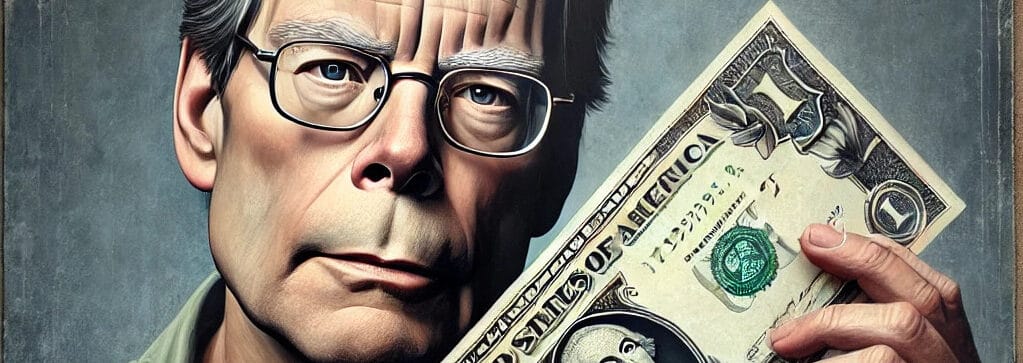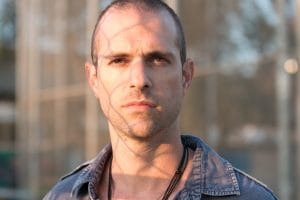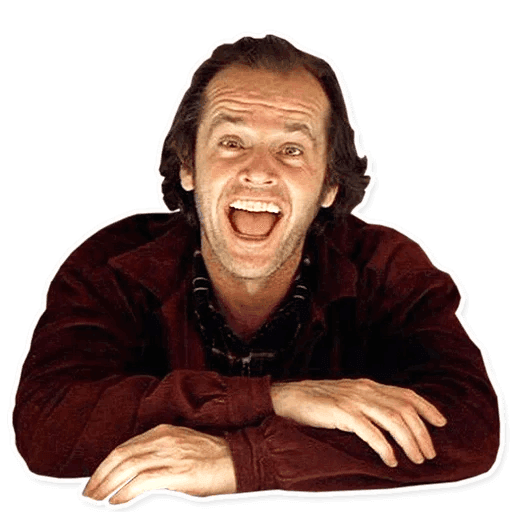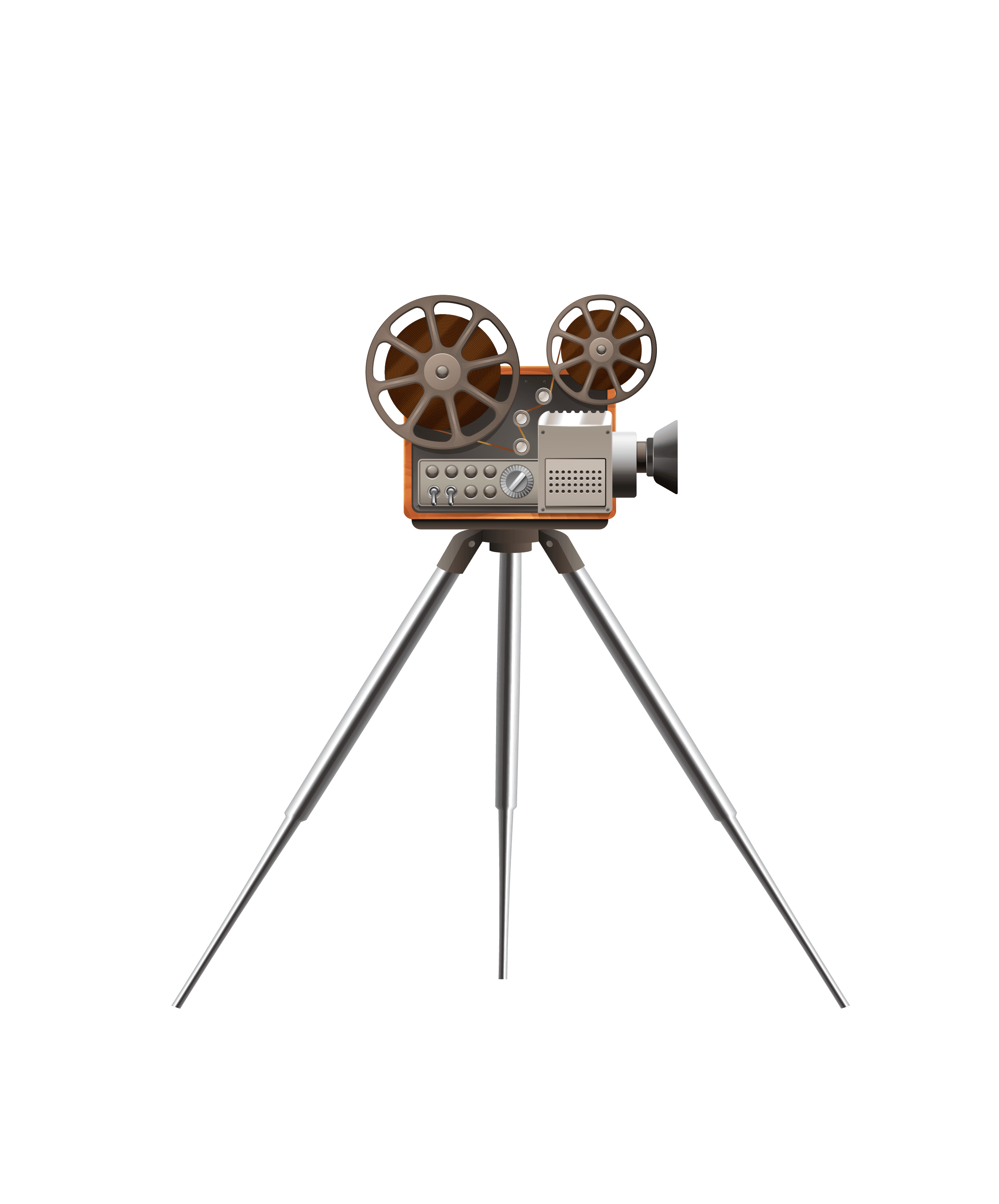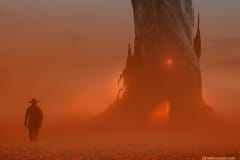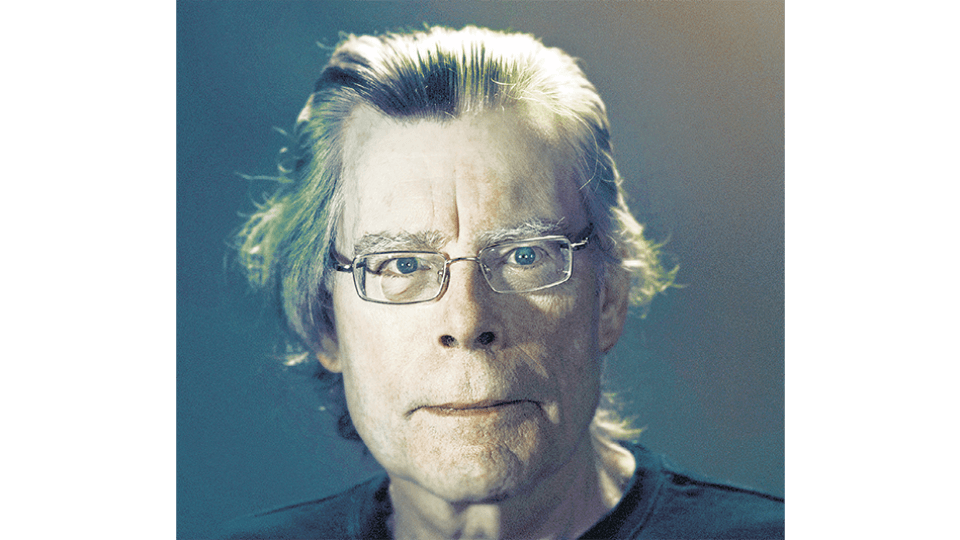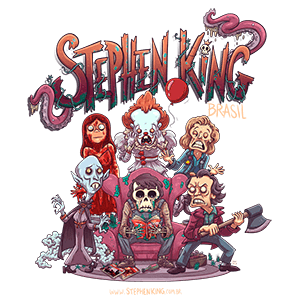Tom Frank
He played in Sara Werner’s The Things They Left Behind as Scott Staley.
SKSM: Could you start with telling me a bit about yourself? Who are you and what do you do?
Tom Frank: I am an artist living in LA – recently having moved from NYC, where I resided for 6 years. I write, produce and edit content from shorts to features. I act on stage as well as on camera. I write, record and play music. I work as an illustrator and graphic designer. I do voiceover work. Basically whatever I can get my hands on that feeds both my soul and my belly.
SKSM: How did you become involved in The things they left behind Dollar Baby film?
Tom Frank: I had recently worked with Florida-based filmmaker, Quincy Perkins, on another film called Swingers Anonymous – which Jonathan Franklin also shot – and the producer of the film, Peter Ebanks, put me in touch with Sara Werner because he knew that she was looking for somebody to play Scott Staley. He sent me the script, and I instantly fell in love with the piece and reached out to Sara.
SKSM: What do you think it is in the story that attracts people so much?
Tom Frank: Grief is a strange thing. I don’t think it ever looks the way we expect it to look. It can feel really surreal. So, when something on the scale of 9/11 happens, it’s too big to process. There are still many people who have to grieve it on an individual level because they lost somebody that day, but for them and everybody else, there was still this huge sense of loss and pain over the magnitude of the tragedy, and no real way for us to know how to grieve it. I think a lot of us felt like helpless bystanders and had some degree of “survivor’s guilt,” even if we weren’t that close to the event itself. I, for example, was in college at the time, in the middle of cornfields, Ohio. Having a character like Scott struggle through the agonizing process of grief, trying to reconcile his loss, trying to make sense of a world that no longer makes sense to him, hopefully it gives people a window into their own grief.
SKSM: Did you have to audition for the part or was it written directly for you?
Tom Frank: I was living in NYC at the time, and since production was based out of Miami, I sent in an audition “on tape” to Sara and Duba. I was in the middle of a play at the time, and I ultimately felt that my attention was pulled a bit too much by the character I was currently playing. I didn’t really love my audition. So, once the play wrapped, I decided to record another audition and sent it in to them. I honestly don’t know if I would have gotten the job had I not taken the initiative to do that – we all agreed that the work I did in the second audition was closer to who we all thought Scott Staley was. The first one was just had the wrong energy.
SKSM: You worked with Sara Werner on this film, how was that?
Tom Frank: This role and project was the greatest challenge I have ever had in work. Aside from the heightened Romeo-and-Juliet tragic love story, simply tackling the topic of 9/11 felt overwhelming and impossible. It felt constantly like we were treading on sacred grounds. On the one hand we were working with the words of Stephen King, which already puts a pretty big onus on ‘getting it right,’ but to add 9/11 to that – I don’t know how we could have navigated the project without the leadership that we had. Duba and Sara were (or at least seemed) fearless in taking the reigns. Sara was passionate, creative, dutifully respectful, truthful, and had total command of her team. She constantly looked for new ways to reach everybody, all the while keeping us constantly connected to the task at hand, and to the people for whom we were making this piece. She grounded us but also inspired us to reach beyond ourselves.
SKSM: Your film won Best Short Film 2017 at the Shriekfest Horror Film Festival. Does it have more prizes or nominations?
Tom Frank: Gosh I don’t know – I sure hope so.
SKSM: Was there any funny or special moment when they made the movie that you would like to tell me about?
Tom Frank: Yes. There were many special moments. Sara brought this up already, but on Day 3 (which many of us referred to as “D-Day”) (or at least I did) (maybe it was just me), Murphy’s law was fully in effect. We were shooting the interior of the office after the plane hit the tower. It was an incredibly elaborate, complicated shoot day. There wasn’t much room for delays, but one very large delay came in the way of a fire alarm, tripped by FX smoke, that shut down production while we evacuated and waited for the Fire Department to search the building for signs of fire. It was a truly surreal experience standing outside of the building, on the side walk, a whole crowd of us, many covered in soot, while the fire fighters rushed into the building. I couldn’t help wondering how confused and in shock survivors felt on the day of 9/11. And then, just as I started thinking, “what if the fire fighters see it and get offended by our attempts to pay homage to that day?” one of the firefighters approached us and said that he was a first responder on 9/11, and that our (incredible) art department had nailed it. We got to speak with him for a bit and thank him for his heroic service, and then they were gone, and we were back to work. It felt like destiny. This huge production problem became such a cosmic gift. For me, personally, that put to rest any doubts I had about whether or not I had any right to pay tribute and gave me permission to push forward with everything I could bring to it.
SKSM: Do you still have any contact with the crew/cast from that time? If so with who?
Tom Frank: I have kept in pretty close contact with Duba, as well as with Chaz. Also with Matthew Terrence, who was part of our skeleton crew in NYC. Screenwriter Tom Musca, who works alongside Duba at Miami University, was generous enough to share his home with me during production – he and I still connect every now and again. I think that’s it, though not out of any lack of affection for anybody involved. It was a great group of people. That’s one of the incredible things about our work – you get so intensely close, forming a “family” during production, and you really have to, but when it ends, you ultimately get pulled in all sorts of directions. It is amazing and beautiful to me how willing and open we always remain to forming these deep, intimate bonds, knowing full-well they might evaporate after wrapping. In my personal life, if I met somebody and thought “I won’t know you in a month,” that would be all the reason I would need to not take any steps forward with that person. But in this work, you have to take every step forward you can right now, knowing that ‘right now’ is likely all you have with them. And, more importantly, that the work requires it of you. Without that, the work never really leaves the page.
SKSM: What are you working nowadays?
Tom Frank: I recently finished producing a feature film, Love in Youth, about a freshman in college navigating the choppy waters of love. My producing partner on it, Quincy Perkins, who I mentioned earlier was a big part of what led me to The Things They Left Behind, wrote and directed it. I currently have a slate of projects – some of which I wrote – that I am developing. Otherwise, as I mentioned, I recently moved to LA, and I am just pounding the pavement looking for my next soul-and-belly-feeding project as an actor.
SKSM: Are you a fan of Stephen King’s work?
Tom Frank: Absolutely. Though, truth be told, I don’t really typically go for horror movies all that much. Strangely enough, I’ve written one, but in general, it’s not my genre. And yet, Stephen King always seems to write pieces in a way that go beyond the genre and tug at my heart strings just right. That said, I’m pretty sure he writes faster than I can read, and he’s got a healthy head start, so, let’s just say I am more familiar with his many screen adaptations than his massive oeuvre of written work.
SKSM: What is one thing people would be surprised to know about you?
Tom Frank: I was actually born a Rhodesian Ridgeback and had to undergo severe surgical procedures to end up looking semi-human as I do now. How’s that for surprising? I mean, I’m not sure how surprising anything I do really is once you know me. For example, I was born in Paris, but if you know me, finding out that I am french would be more of a “well, yeah, of course he’s French” moment than a “wow, I can’t believe he’s French” moment. You know? Let’s see. I like to build. Mostly furniture. A lot. I do that in as much of my spare time as I can find lately. I think part of it is because so much of the work we do is so abstract and intangible that I end up needing to put my time into something physical that reflects back the labor I put into it. Again, I can’t tell you if that’s surprising, but hopefully, right?
SKSM: Thanks for taking the time to answer my questions. Is there anything else you want to say to the fans that read this interview?
Tom Frank: Well, first of all, if you have made it all the way to the end of this interview, thanks for letting me spend so much of your time. I hope you’ve enjoyed it as much as I have. Really, I just hope that the work we did in the film offered you something valuable and meaningful, and that my interview offered something entertaining but also maybe sort of hopefully something valuable.
SKSM: Do you like something to add?
Tom Frank: Thank you so much for taking the time to interview me and for taking an interest in our film.
